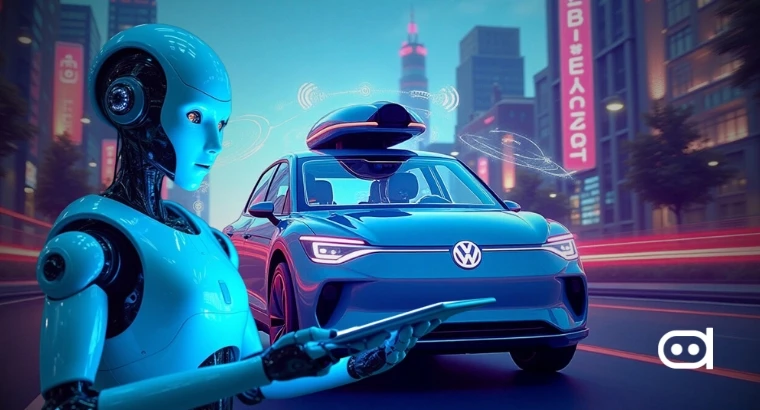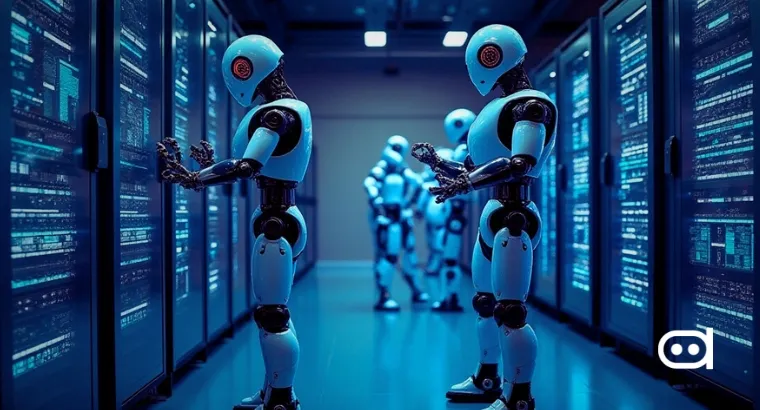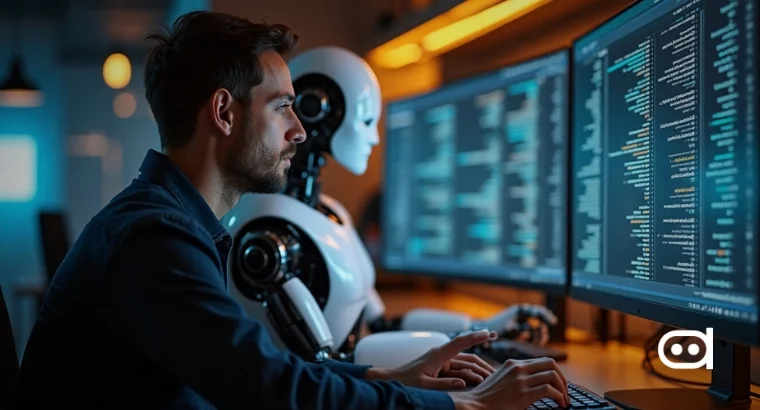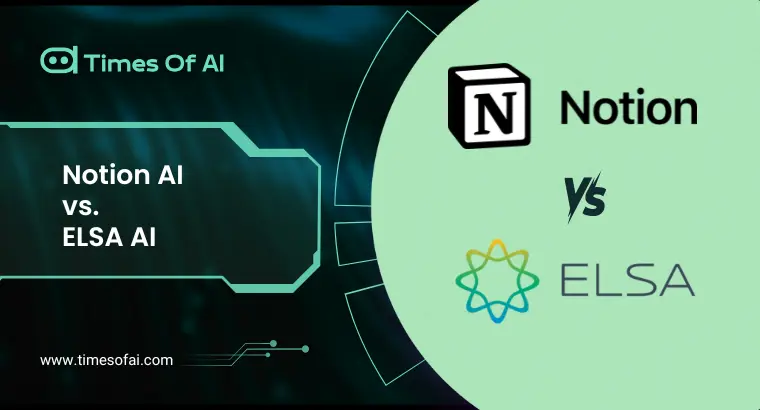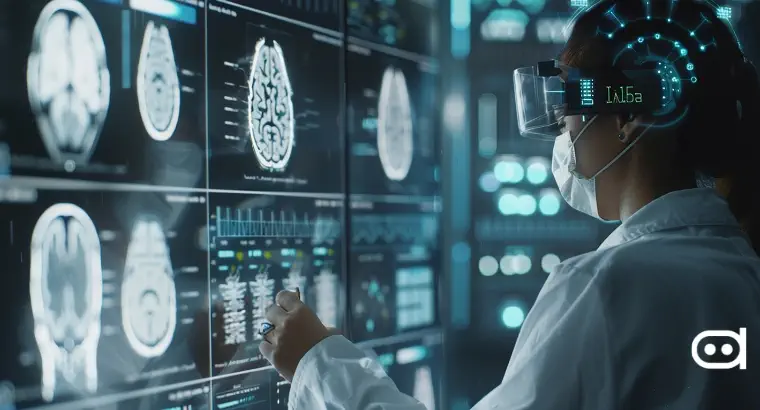
- The healthcare industry is witnessing a transformative shift as AI and data integration reshape emergency medical responses. Alexander Dahl of Laerdal Medical reveals how cutting-edge technologies are driving lifesaving advancements.
- In an exclusive interview, Dahl explores the growing role of AI in healthcare, emphasizing its potential to revolutionize emergency care and patient outcomes. As technology continues to evolve, the impact on healthcare delivery is profound, signaling a new era in medical innovation.
Considering the development of artificial intelligence and data science in the healthcare delivery system processes, particularly in emergency medical response, people’s discussions have concentrated more on the impulses of factors in the development of diagnosis and treatment but are now turning to how they are used in situations that require instant action to save lives from destruction. With a strong reputation as a medical solutions provider, Laerdal Medical is among the key players revolutionizing the status quo and will change how emergency care is provided.
Alexander Dahl, one of the top managers at Laerdal Medical, focused on the issue of using AI and data to change the course of patients’ lives in the most critical situations. Usually, this vital issue with healthcare AI mainly emphasizes long-term care of patients, and many cradle AI technologies discuss patients from a historical point of view. He states that when there is a clinical application of AI in emergency situations, it is not just to make a quick decision but rather to make a correct and effective medical practice.
Read More: Revolutionary AI Cybersecurity: TCS & Google Cloud’s Game-Changing Partnership
It is worth mentioning the control of the potential risk that accompanies the use of technology. This is somewhat counterintuitive since technology is used to harness risk and enhance safety measures. Advanced and sophisticated communication technologies have downsides, just as do their advantages. Beno Wolf highlights another angle of CRM regarding how beneficial it is in the case of having to put technological risk management policies in place. Standardization of procedures leads to numerous bottlenecks over time as the need for adaptability rises and foreseen risks become apparent in practice. Technology is not the only aspect of competition which any organization has an abundance of. However, as many witnesses assert, the road still looks quite long.
As the healthcare system progresses, so too will the inclusion of AI and data in emergency medical treatment. These technologies have superb possibilities for saving lives, and companies such as Laerdal Medical have taken it upon themselves to try to make these advances a reality. Therefore, the transition from traditional methods to the use of AI tools goes beyond mere technological advancement. It marks a new era in the evolution of emergency care delivery systems.

